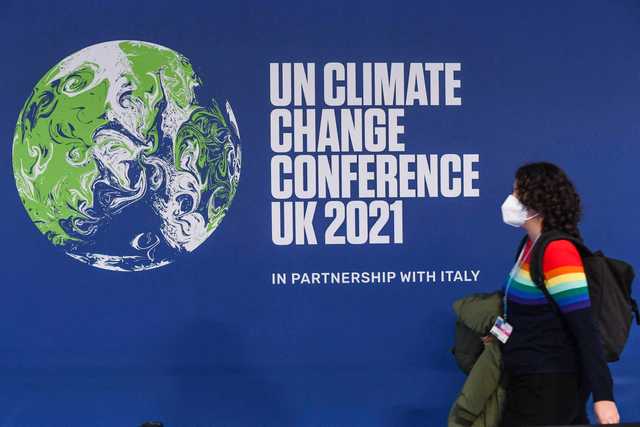We are at the tail end of 2021. It has been a challenging year. Countries and their citizens trying to adapt to live with Covid pandemic which continues to surge despite the good traction on vaccinations in many countries.
On top of coronavirus, climate change presents another dire challenge that requires massive mobilisation from the world to solve, and we are running out of time. Climate change, species loss, pandemics and massive natural disasters might define the future — unless we do something now.
Addressing the climate crisis necessitates large-scale efforts. 2021 can be categorised as the year of commitment where we saw several frameworks/platforms being put in place. The frameworks will shape the future of business in the coming years as we head for a healthier, more sustainable and more equitable world. Here are five topics that shaped 2021. CBK guidelines on climate-related risk management
Climate change has resulted in increased frequency and magnitude of extreme weather events, impacting lives and livelihoods in significant ways. In recognition of the challenges presented by climate change to the Kenyan and the global economy, the Central Bank of Kenya (CBK) developed Guidance on Climate-Related Risk Management for the banking sector.
Climate change presents opportunities and risks to businesses and the management must look deeper into their organisational strategies to determine how to unlock the potential as well deal with the associated risks.
The guidelines aim to sensitise the banking sector on mitigation of climate-related risks and offer guidance on developing and implementing appropriate climate-related strategies and policies within banks.
Lenders are expected to fulfil certain conditions under the guidelines, enabling them to come closer to the mitigation and adaptation of climate change. Nairobi Securities Exchange environmental, social and governance (ESG) disclosure guidance manual
The Nairobi Securities Exchange (NSE) #ticker:NSE has put Kenya on the sustainability proactivity map with the recent issuance of the Environmental, Social and Governance (ESG) Disclosure Guidance Manual.
The guidelines require that companies listed on the NSE publicly report on their ESG performance at least annually.
Furthermore, they have developed the manual to guide how to identify and measure material ESG topics, embed ESG into an organisation’s strategy, operations, and performance management, and how to report on ESG performance.
In the future, listed companies will be expected to deliver an integrated or stand-alone ESG/Sustainability annual report. UN climate change conference of the parties (COP26) The biggest climate conference was held in Glasgow, Scotland and concluded on […]
